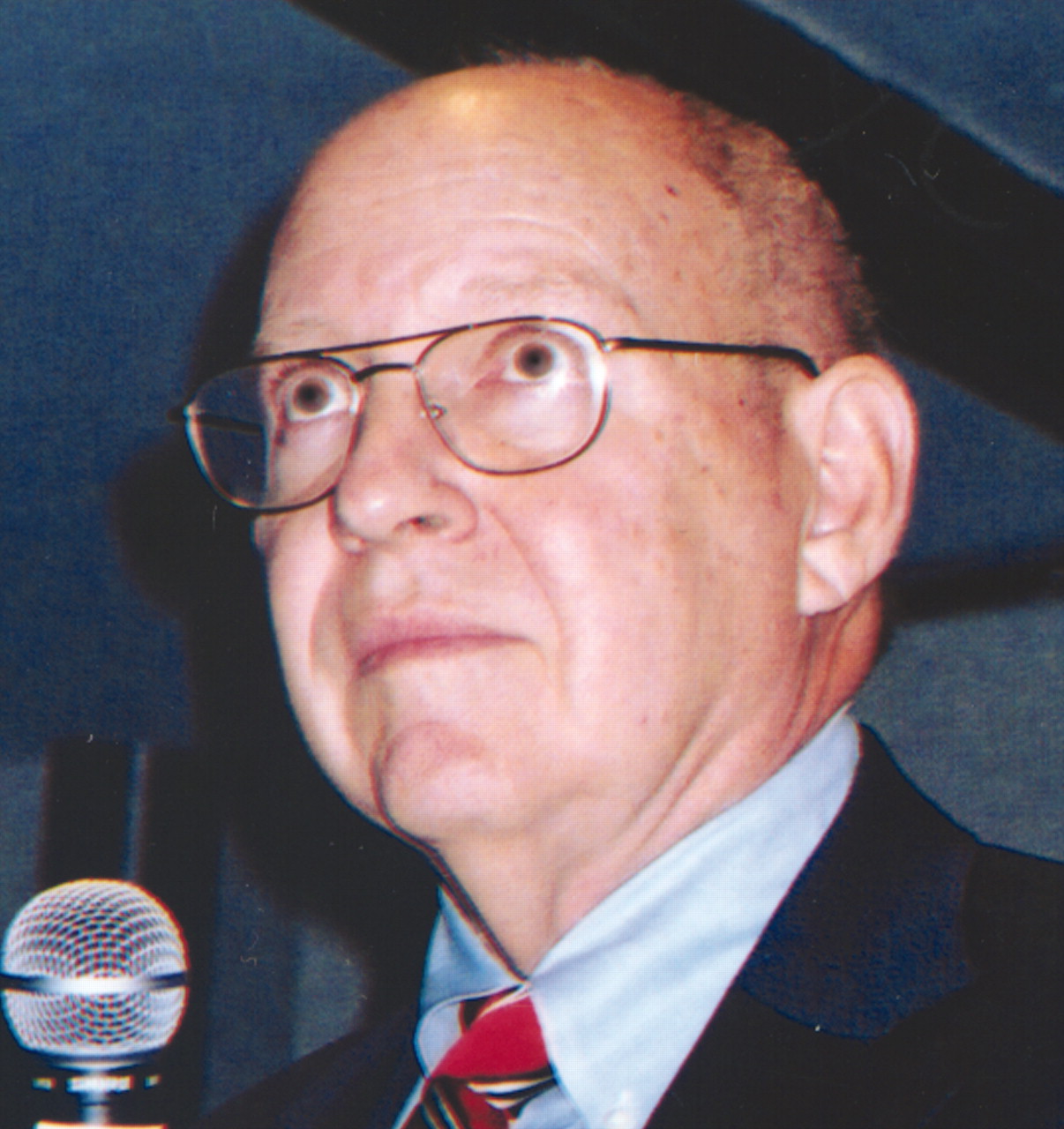Stress Occupational Hazard For Forensic Psychiatrists
Many psychiatrists maintain that the stresses of forensic psychiatry appear so enormous, they don’t understand why any of their colleagues would choose to specialize in that field.
They may cite, for instance, one common scenario facing forensic psychiatrists in which a community is outraged to find it has a dangerous, violent person in its midst. Public opinion will be content with nothing less of a jury than meting out the most severe punishment possible. Confronting the community’s anger and the media’s spotlight, a forensic psychiatrist offers the expert but unpopular testimony that the defendant shows signs of serious mental illness that may meet the state’s definition of insanity.
Add to this situation the potential stressors of poorly prepared attorneys, juries suspicious of psychiatric expert witnesses, and opposing attorneys whose tactics include questions about the expert’s professional capabilities and personal life, and it’s no wonder that stress is viewed as an inescapable part of forensic psychiatry.
But is it really?

AAPL President Larry Strasburger, M.D., notes that experience and gender play a role in the degree to which forensic psychiatrists are stressed by their work.
Strasburger mailed questionnaires to 1,800 AAPL members, of whom 370 completed the survey. The respondents had been in forensic psychiatry for a mean of 15 years and said they work on a mean of 30 cases annually. They were asked to rate 62 specific stressful experiences for frequency and severity.
The questions fell into three general areas or factors—what professional situations cause anxiety, how much respondents somatized in connection with their work, and whether psychiatrists become desensitized.
The responses showed that while stress is clearly a component that many forensic specialists have to process, respondents reported an overall stress level that was generally low—certainly lower than what many of their nonforensic psychiatric colleagues would have predicted, Strasburger noted.
He pointed out that with 78 percent of respondents indicating that they enjoyed the challenges of their specialty, forensic psychiatrists appear to be “physiologically and psychologically a resilient, healthy group.”
Which is not to say, however, that stress fails to rear its ugly head for a substantial number of forensic psychiatrists. About 50 percent said, for example, that serving as an expert witness—a major part of many forensic specialists’ work—causes them at least moderate stress, while a nearly equal number indicated that doing so provoked little or no stress.
There are, however, elements of the expert-witness role that are more stress-inducing than others, Strasburger said. The situation most often cited by AAPL members was not being able to defend one’s opinions during cross-examination—58 percent found this highly to extremely stressful. Other frequently cited stressors were having one’s personal history revealed in court, working under tight deadline pressure, having to testify in a proceeding the forensic psychiatrist viewed as a “gross miscarriage of justice,” being cross-examined while physically ill, being questioned by attorneys who try to coerce a particular opinion from the forensic expert, testifying in high-profile trials, and talking to the media.
He cited several reasons that likely explain why these situations are particularly stress provoking for forensic psychiatrists.
“First, psychiatrists are trained in alliance building, not adversarial relationships,” Strasburger said. “Second, skills such as empathy, compassionate care, and standing in the patient’s shoes—skills that took a long time to acquire—are no longer paramount.”
In addition, the forensic specialist “must display her expertise in a public forum, subject to ridicule and humiliation,” he added. “The process of making mistakes and learning from them is a hazard to self-esteem if it occurs in an environment in which an opposing attorney is deliberately attempting to diminish the stature of the expert.”
Strasburger hypothesized that four variables might be key to trying to predict how stressed the survey respondents became in professional situations—the number of years of forensic practice, number of cases they undertook each year, the psychiatrist’s gender, and the extent to which respondents rated themselves as “enjoying feeling stressed.”
Only two of these variables turned out to be statistically significant stress predictors for forensic psychiatrists. “The more years of experience individuals had, the less stressed they were, and if individuals were male, they were less stressed,” he said.
A possible explanation for the influence of the first of the two variables, Strasburger suggested, is that “time, education, and experience are the only real remedies” that mitigate the stress in more senior forensic psychiatrists. “What is not clear from our data,” he noted, “is whether the people have been in the field for a longer time are somehow different from those who are relative novices, or whether just staying with this kind of work will, over time, lead to the expert experiencing less stress.”
As for the gender factor, he noted that two questions merit further research before a theory can be offered: Do women working in a previously male-dominated field have a special vulnerability? Is the buffeting of the adversary system more severe for women than for men?
Additional research in this understudied area would, Strasburger emphasized, help AAPL “develop more specific supports, for instance for women entering the field, [and] enhance our awareness and understanding of each other and ourselves.” ▪



